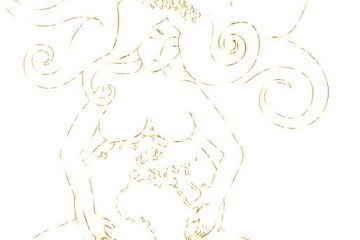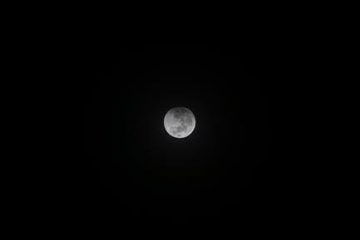Gaia
gaia elderberry gummies
Discover the power of nature with Gaia Elderberry Gummies. Packed with the goodness of elderberry extract, these tasty gummies not only support immune health but also offer a delightful burst of flavor, making wellness a little sweeter.









